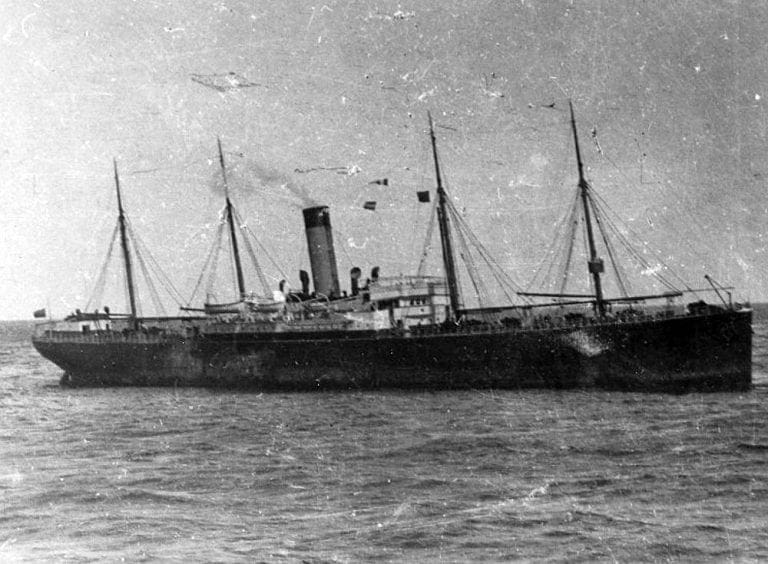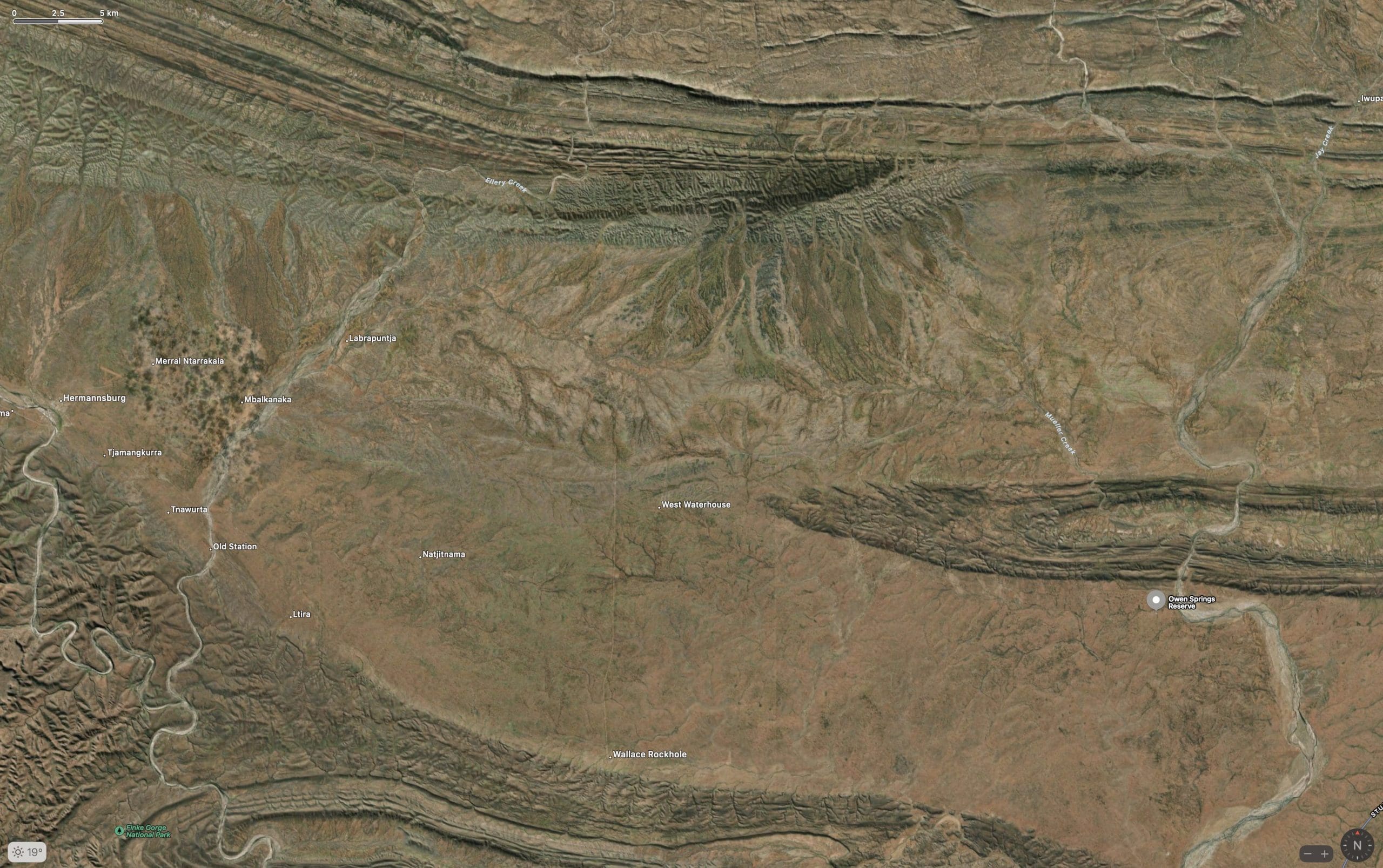Home Fire – Kamila Shamsie
This is an excellent book. Extremely well written. Kamila Shamsie tackles a difficult subject with a very light touch. We are in modern times, mainly in the UK. The subject matter is how young muslims are lured/tricked into travelling to join Islamic State in Iraq. The story is told (in third person) from the viewpoint of a young man’s sisters (Isma & Aneeka), the UK Home Secretary (Karamat), his son (Eamonn) and the young man himself (Parvaiz). All are muslims, though all but the older sister (Isma) are lapsed muslims. The major complication in the lives of the three siblings is that their father (who the younger two never met) was a jihadi who died from torture during rendition to Guantanamo Bay. They have grown up with this hanging over them and the atmosphere of the UK government’s increased surveillance and hostility to all muslims. (We are introduced to the dangers of GWM – Googling While Muslim.)
Parvaiz, the eventual jihadi, is a very gentle soul who spends his days recording sounds of his surrounding world. His recruiter, Farooq, works on Parvaiz’ lack of experience and thirst for knowledge of his father and, within weeks, Parvaiz finds himself in Raqqa, Syria with no passport and in a repressive place with no way of returning home. Karamat, UK Home Secretary has been changing laws to remove ‘rights’ of UK born of overseas born parents’ – especially muslims or from muslim countries. This has made things very difficult for Pavaiz and his sisters who go to extraordinary lengths to get him back.
Kamila Shamsie writes this tragic story with a very light style. She writes very well of conflicted feelings, emotion and options; where doing the right thing is impossible and doing the wrong thing the only choice. She has based her story on Sophocles’ ‘Antigone’ tragedy set in modern times. A gut-clenching read with two cliffhangers. Very hard to put down. This lady knows how to tell a gripping story. An interesting story of our times. ⭐⭐⭐⭐⭐
The following is the first part of a long review and interview with Kamila Shamsie in Vogue.
https://www.vogue.com/article/kamila-shamsie-home-fire
In 2014, under then–Home Secretary Theresa May, the British government expanded its power to revoke the citizenship of naturalized citizens suspected of terrorism. Previously, only those with dual nationality were at risk; after, even those with a less official claim to another homeland could be denaturalized. The state, in other words, sought rights that could, under conceivable circumstances, render its citizens stateless.
A few weeks before May called for that authority, and a few weeks after the home secretary sent vans across London bearing billboards that instructed illegal immigrants to “Go Home or Face Arrest,” Pakistani novelist Kamila Shamsie finally became eligible for British citizenship. She wrote about her turbulent, anxiety-ridden journey to naturalization—she spent six uncertain years living in London on two different types of visas, amid shifting immigration laws and rising anti-immigrant sentiment—for The Guardian, where she is a frequent contributor. “I had thought dual citizenship would feel like a gain, not a loss,” she observed in that piece. “Instead, as I took my seat in the chamber, I found myself reflecting on what it means to be from a country in which acquiring a second passport is regarded across the board as reason for celebration.”
Three years later, those same preoccupations, that same conflict, undergird Shamsie’s latest book, Home Fire, out this week in the U.S. and already long-listed for the Man Booker Prize. (One character, excoriating another: “Did you or your bhenchod brother stop to think about those of us with passports that look like toilet paper to the rest of the world, who spend our whole lives being so careful we don’t give anyone a reason to reject our visa applications?”) The novel, Shamsie’s seventh, began as a play. In early 2014, the author was approached by Jatinder Verma, who runs a theater in London called Tara Arts, to write a contemporary adaptation of Sophocles’s 5th–century B.C. tragedy Antigone, about a sister who buries her dead brother against the will of the King of Thebes, whose refusal to grant funeral rites angers the gods and sets into motion a catastrophic series of events.














